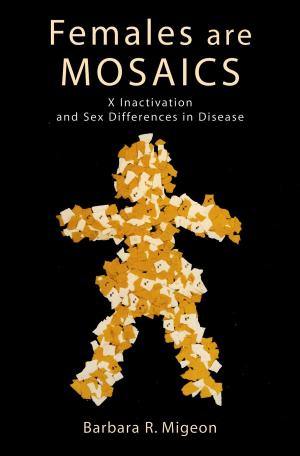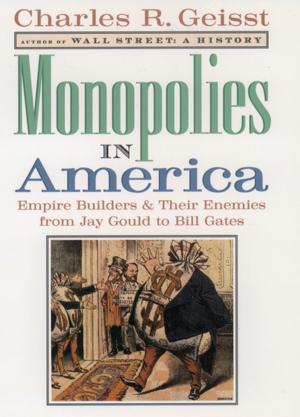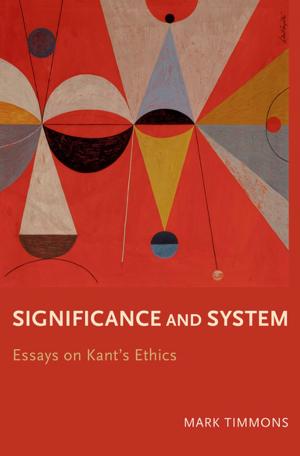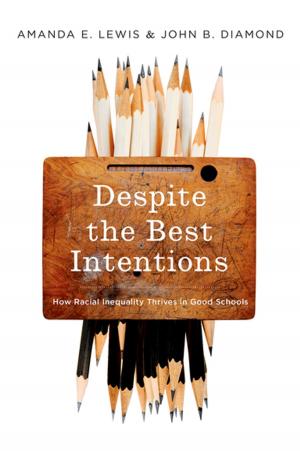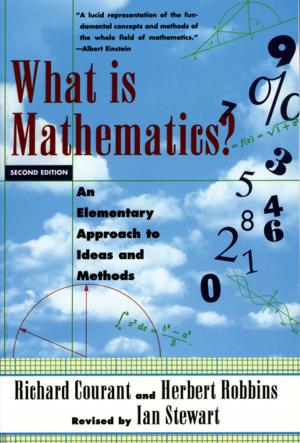| Author: | David Levi Strauss | ISBN: | 9780199889310 |
| Publisher: | Oxford University Press | Publication: | February 11, 2010 |
| Imprint: | Oxford University Press | Language: | English |
| Author: | David Levi Strauss |
| ISBN: | 9780199889310 |
| Publisher: | Oxford University Press |
| Publication: | February 11, 2010 |
| Imprint: | Oxford University Press |
| Language: | English |
In his third book, Strauss delves into the mysterious process whereby an idea is born in the mind and materialized through the hand in the expression of an artwork. How exactly does this happen? It's a question so basic, an act so fundamental to art-making, that it has rarely received attention. It makes an ideal topic for Strauss, a writer with an exceptional ability to animate art's philosophical dimensions in a clear, persuasive manner. During this time when craft and the direct manipulation of materials by the artist appear to be in eclipse, Strauss comes to their defense in a spirited cri de coeur. Featuring over 35 illustrations, the book examines a wide variety of media and individual examples. It explores the works of sculptors Martin Puryear, Ursula von Rydingsvard, and Donald Lipski; painters Leon Golub and Ron Gorchov; and writers Robert Duncan, Robert Kelly, Guy Davenport, John Berger, and Leo Steinberg. In addition, there are essays on Joseph Beuys's 7000 Oaks in Ireland, contemporary Haida carvers Reg Davidson and Jim Hart, Cecilia Vicuña's "memory of the fingers," and the influence of curators Harald Szeemann and Walter Hopps on the staging of contemporary art exhibitions. Known primarily for his writings on photography and politics, Strauss here focuses on the least mediated arts--painting, sculpture, and writing. His claims are supported by a series of close readings which succeed in recovering the immediacy of the hand and revitalizing contemporary art's connection to the past.
In his third book, Strauss delves into the mysterious process whereby an idea is born in the mind and materialized through the hand in the expression of an artwork. How exactly does this happen? It's a question so basic, an act so fundamental to art-making, that it has rarely received attention. It makes an ideal topic for Strauss, a writer with an exceptional ability to animate art's philosophical dimensions in a clear, persuasive manner. During this time when craft and the direct manipulation of materials by the artist appear to be in eclipse, Strauss comes to their defense in a spirited cri de coeur. Featuring over 35 illustrations, the book examines a wide variety of media and individual examples. It explores the works of sculptors Martin Puryear, Ursula von Rydingsvard, and Donald Lipski; painters Leon Golub and Ron Gorchov; and writers Robert Duncan, Robert Kelly, Guy Davenport, John Berger, and Leo Steinberg. In addition, there are essays on Joseph Beuys's 7000 Oaks in Ireland, contemporary Haida carvers Reg Davidson and Jim Hart, Cecilia Vicuña's "memory of the fingers," and the influence of curators Harald Szeemann and Walter Hopps on the staging of contemporary art exhibitions. Known primarily for his writings on photography and politics, Strauss here focuses on the least mediated arts--painting, sculpture, and writing. His claims are supported by a series of close readings which succeed in recovering the immediacy of the hand and revitalizing contemporary art's connection to the past.

